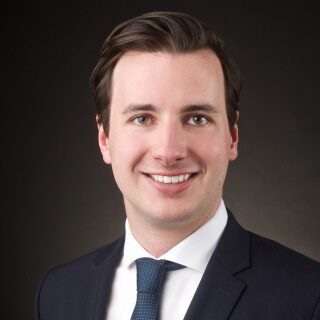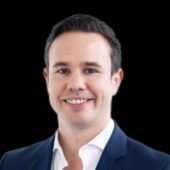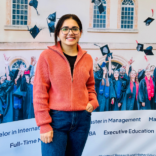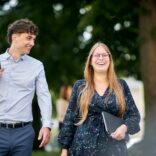HHL Students Spearhead International Sustainability Competition
The HHL team’s sustainable business idea — REYVER
A group of five HHL students have achieved a place among the top 4 in the SCG Bangkok Business Challenge@Sasin. The sustainability competition was hosted by Sasin Business School in Bangkok, for the best sustainable business idea. The HHL team has found ways to counteract the increasing shortage of land for growing fruit and vegetables. Their startup REYVER aims to maximize the use of existing land area by expanding it vertically.
SCG Bangkok Business Challenge by Sasin Business School
With their idea, the HHL team was able to beat out 242 international teams from 64 academic institutions. This year’s competition welcomed participants representing 26 countries from 6 continents and took place online.
Asia’s leading competition for students with startup ideas
The competition is both Asia’s leading and longest-running competition for students to present their startup ideas. It was designed to give young potential founders a stage to measure themselves against the competition, make sustainability concepts accessible to a large crowd of interested parties and encourage collaboration with similar business models.
International teams welcome since 2008
The first SCG Bangkok Business Challenge@Sasin competition was held in Bangkok in 2002 and opened its doors to an international audience in 2008. It defines sustainability as business processes that meet the needs of the consumer without compromising future generations, for instance, in terms of environmental aspects. Therefore, the ideas of the teams are primarily reviewed to determine whether the effects of people’s actions in connection with the product are taken into account.
REYVER – solving shortage of land for growing fruit and vegetables
The team of students convinced the jury with a business model that addresses what is arguably one of the most pressing challenges of our time — the increasing shortage of land for fruit and vegetable cultivation. The idea of their startup REYVER is to maximize the use of existing land; to give it a new dimension by vertical expansion.
In their deliberations, the members of the startup listed the issues facing future generations in depth. Researchers predict a world population of more than 10 billion people in 2050, concentrated mainly in the cities. The growing need for food goes hand in hand with rising environmental awareness.

“People want to eat organic but often forget the long distances food has to travel and the often inefficient farming methods that make organic products available to only a fraction of the world’s population. Our customer-centric vertical farming service allows us to bypass the weaknesses in our food supply, saving water and preventing soil erosion.”
Vertical farming as the solution
More than 12 percent of the people in Germany buy organic foods. Through a vertical use of land areas, the company aims to reduce water consumption by 95 percent, land use by 90 percent, and soil erosion by as much as 100 percent. In the process, the startup aims to achieve better productivity from the surface of the area, believing an increase of up to 80 percent per square meter may be possible.
An app depicting the growth will guide the consumer through the cultivation process. The team hopes to gradually inspire more and more cities to implement the system, Berlin being the first one.

Professor Kanbach's research is focused on the interface between strategy and entrepreneurship. More than 30 internal and external doctoral students (2022) are working on issues relating to the cooperation between established companies and start-ups, entrepreneurship within the company, and the use of entrepreneurship within the company as well as the use of disruptive technologies for new products, business models or processes in order to master the challenges of the digital transformation.


